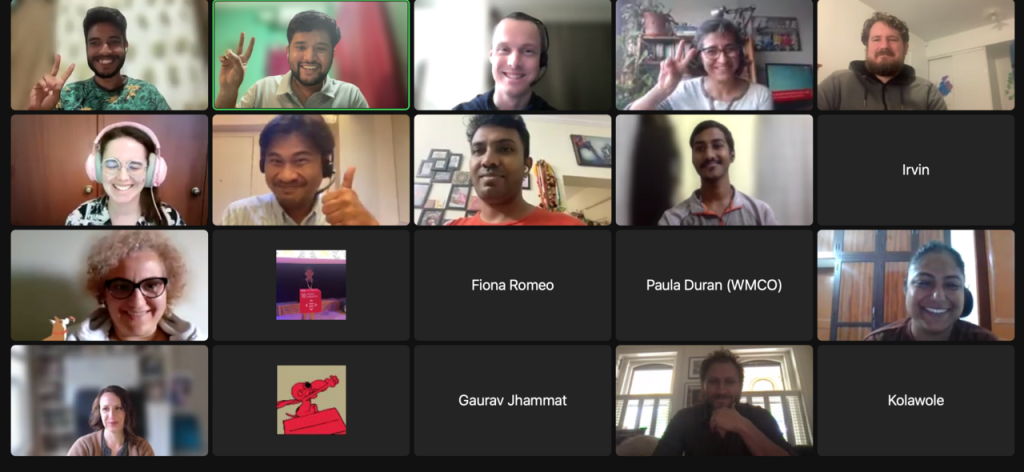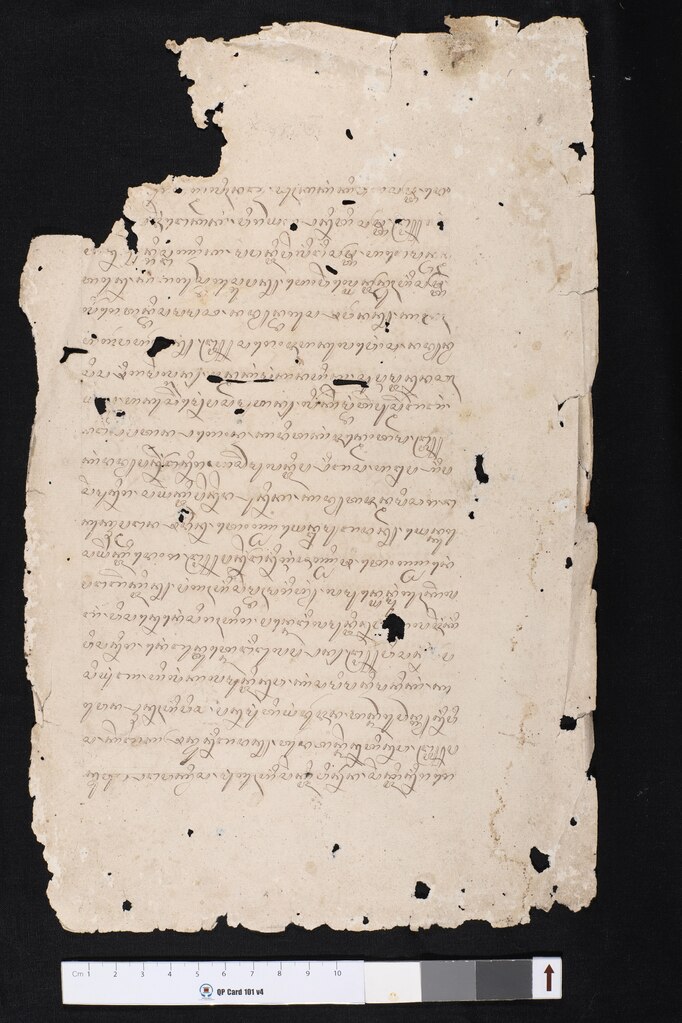In January 2024, we reached the conclusion of the Wikisource Loves Manuscripts (WiLMa) pilot in Indonesia. Initially designed to explore how Wikisource could serve as an ideal platform to house indigenous manuscripts while enhancing global access, the project has evolved into a collaborative global effort to preserve documentary heritage. Taking inspiration from the great work of the Balinese community, the project was launched in February 2023 with a target to digitize 20,000 pages of Indonesian manuscripts, coupled with activities to engage new Wikisource contributors in transcribing the digitized manuscripts on Wikisource. Collaborating closely with the Pusat Pengkajian Islam dan Masyarakat (PPIM) and Wikimedia communities in Indonesia, we embarked on a journey filled with discovery and cooperation. The effort has led to digitizing over 28,000 pages sourced from 218 bundles of manuscripts, surpassing our initial target by 42%.
Apart from manuscript digitization, the project also involves existing and new Indonesian Wikisource contributors to participate in the series of Workshops and Proof-Read-Thon activities that involved close to 200 participants to engage with Indonesian young adults. In order to bring awareness to a wider Indonesian audience, we are working with the Tempo media group of Indonesia to cover the digitization mission in Bali, Java, and Sumatra which is also covered by other news outlets in Indonesia.
During the journey of the pilot project itself, we received generous support from various global partners. The British Library took the lead by opening access to 30,130 manuscript pages from 76 manuscript bundles. But manually transcribing thousands of pages will take a long time. So, we integrated Transkribus, a handwritten text recognition (HTR) tool, into Wikisource after initial testing with IIIT Hyderabad. We are currently experimenting with it to create HTR models for Balinese and Javanese languages with permission of the communities and based on the transcribed manuscripts provided by them. UNESCO Jakarta supported the initiative by helping conduct a manuscript transcription event focused on Babad Diponegoro, a prominent Indonesian manuscript inscribed in the Memory of The World register.

Building upon the success of WiLMa in Indonesia, we are strategically expanding its impact to other languages and communities. Introducing Wikisource Loves Manuscripts Learning Partners Network (WiLMa-LPN) – a peer support group to foster collaboration among global Wikisource volunteers and heritage stakeholders. The WiLMa-LPN aims to encourage cooperation among communities passionate about digitizing and transcribing manuscripts. This initiative provides support, training, and resources to enable participating communities to carry out successful manuscript digitization projects.
We’re thrilled to announce the first cohort of WiLMa-LPN, comprising 21 participants from 15 language communities worldwide. As they near completion of their training, we’re committed to supporting them to embark on their own WiLMa projects.
The conclusion of the WiLMa pilot is the beginning of a joint effort initiated by the Wikimedia movement to preserve documentary heritage at the global level. Together, we’re shaping the future of cultural preservation, disseminating knowledge, and transcending barriers for generations to come!

Can you help us translate this article?
In order for this article to reach as many people as possible we would like your help. Can you translate this article to get the message out?
Start translation
